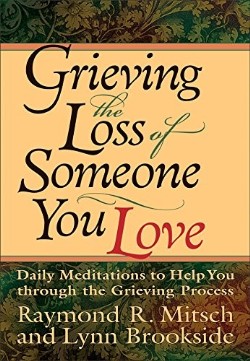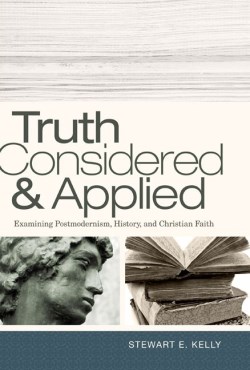Stewart Kelly
Showing the single result
-
Truth Considered And Applied
$29.99For philosophy and theology students, Truth Considered and Applied examines the leading theories of truth in relation to postmodernism, history, and the Christian faith. Author Stewart E. Kelly defends Christianity in the face of postmodernist challenges that would label such religious faith as merely one version of truth among many in a pluralistic world. Likewise, in looking at Christianity as a historical faith, Kelly supports the need for Christians to develop a hermeneutic that does justice to the biblical texts and our informed understanding of the past in general; because if a genuine past cannot be recovered in some meaningful sense, the claims of Jesus being incarnate and risen from the dead are seriously jeopardized.
Add to cartin stock within 3-5 days of online purchase











